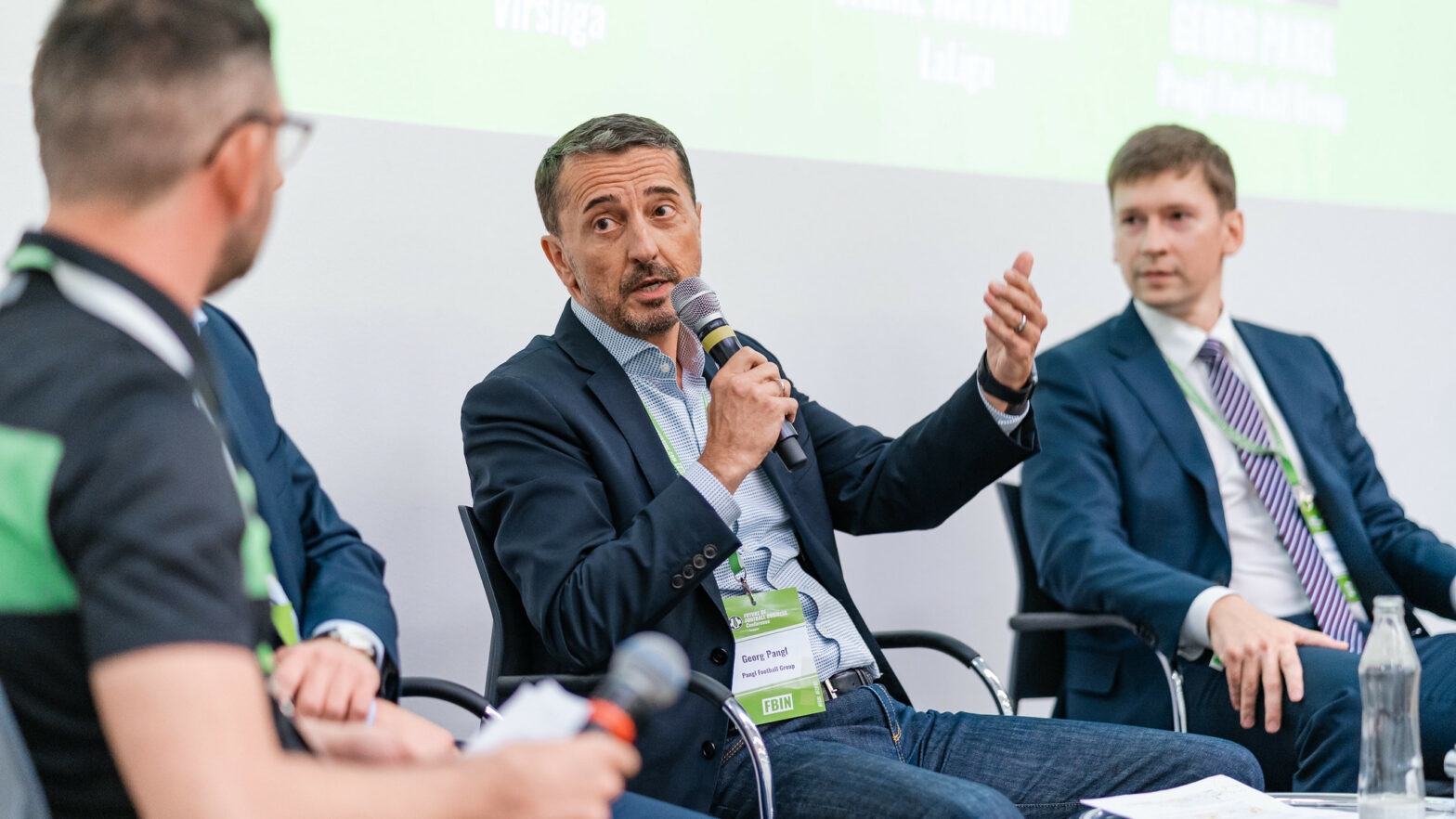Since the UEFA Champion League was formed in 1992, the top 14 clubs alone earned around 7 billion Euro in 26 years. The financial polarization between clubs is increasing and accelerating. Maksims Krivunecs (Latvian Virsliga), Jaime Navarro (LaLiga), Georg Pangl (Pangl Football Group) and David Reisenauer (Austrian Bundesliga) shared their thoughts on how to protect the competitive balance at the FUTURE OF FOOTBALL BUSINESS Conference presented by keyper on 1 September in Graz, Austria.
How to define competitive balance
Jaime Navarro put it in the perspective of league competition: “Competitive balance means every club should be able to win the league or more realistically in Europe, four or five teams can compete for the championship.”
From the economic perspective, Maksims Krivunecs from Virsliga defined the term as the redistribution of wealth and assets, and it’s crucial to distribute the resources more equally for all clubs. The English Premier League, for instance, provides two financial payments determined by formula to all EFL teams each season, namely “Parachute Payments” and “Solidarity Payments.”
Will new competition models reduce the gap?
Navarro believes that the American-league model (i.e., salary cap or play-off) is a bit of a utopia in Europe due to the already huge financial-power gap between clubs.
For Krivunecs, the multinational-league model can be a breakthrough solution to close the gap. Within the UEFA, only the Baltic region has the ideal situation for a pilot project. This is because Estonia, Latvia, and Lithuania share many economic, historical, social, and cultural similarities. Additionally, all three leagues have the same competition levels; in other words, the top clubs from each country have an equal chance to win and increase the competitive balance.
Georg Pangl, member of the FBIN Advisory Boards, commented that such a solution as a play-off in the Austrian Bundesliga is a good approach but can only keep the competition a bit more interesting. The first and foremost action required is to distribute the financial payment better from governing bodies.
David Reisenauer, Executive Director Match Operations of the Austrian Bundesliga, takes the same line: “One of the biggest challenges in the next months is to really make revenue distribution from UEFA level competitions more egalitarian amongst the clubs.”
“Less is more.”
Pangl believes that the growing global interests in European football generate billions of profits but also bring many problems. The intensity from the more competitions and packed calendar increases player injuries more than ever. Secondly, many leagues have to turn their operation upside down due to events like this year’s World Cup in November. Sometimes, “less is more” to achieve sustainable development.
What happens if the imbalance continues?
Navarro commented: “Even though more money is going to the football industry, it doesn’t mean that the clubs are getting richer, but just some big players.” The escalation of player salary exceeding club revenues creates an unsustainable long-term business case.
Krivunecs stated, “If we remain in this status quo, the Baltic countries will never play in the Euro, World Cup or UEFA Club Competition.”
Or in the words of Georg Pangl: “At the end of the day, probably only the competitive balance can save football.”


 Upgrade to Premium Now
Upgrade to Premium Now






